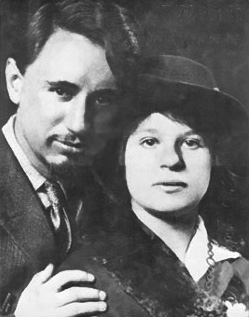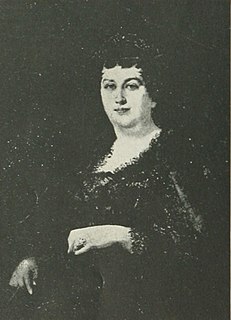A Quote by Ariel Durant
Mozart began his works in childhood and a childlike quality lurked in his compositions until it dawned on him that the Requiem he was writing for s a stranger was his own.
Related Quotes
The translator ... Peculiar outcast, ghost in the world of literature, recreating in another form something already created, creating and not creating, writing words that are his own and not his own, writing a work not original to him, composing with utmost pains and without recognition of his pains or the fact that the composition really is his own.
In His discourses, His miracles, His parables, His sufferings, His resurrection, He gradually raises the pedestal of His humanity before the world, but under a cover, until the shaft reaches from the grave to the heavens, whenHe lifts the curtain, and displays the figure of a man on a throne, for the worship of the universe; and clothing His church with His own power, He authorizes it to baptize and to preach remission of sins in His own name.
Man is more than his environment. It is from the innate quality of the Spirit in him, his inner storehouse, that he draws those ideas, his intuitions, which unify his perceptions of the external world instantaneously with a value which is qualitative and not quantitative, and which he embodies in the works of his culture - those achievements which belong not only to one particular time but to all times, and mark the path of his upward progress.
Some souls think that the Holy Spirit is very far away, far, far, up above. Actually he is, we might say, the divine Person who is most closely present to the creature. He accompanies him everywhere. He penetrates him with himself. He calls him, he protects him. He makes of him his living temple. He defends him. He helps him. He guards him from all his enemies. He is closer to him than his own soul. All the good a soul accomplishes, it carries out under his inspiration, in his light, by his grace and his help.
Or perhaps a widow found him and took him in: brought him an easy chair, changed his sweater every morning, shaved his face until the hair stopped growing, took him faithfully to bed with her every night, whispered sweet nothings into what was left of his ear, laughed with him over black coffee, cried with him over yellowing pictures, talked greenly about having kids of her own, began to miss him before she became sick, left him everything in her will, thought of only him as she died, always knew he was fiction but believed in him anyway.



































